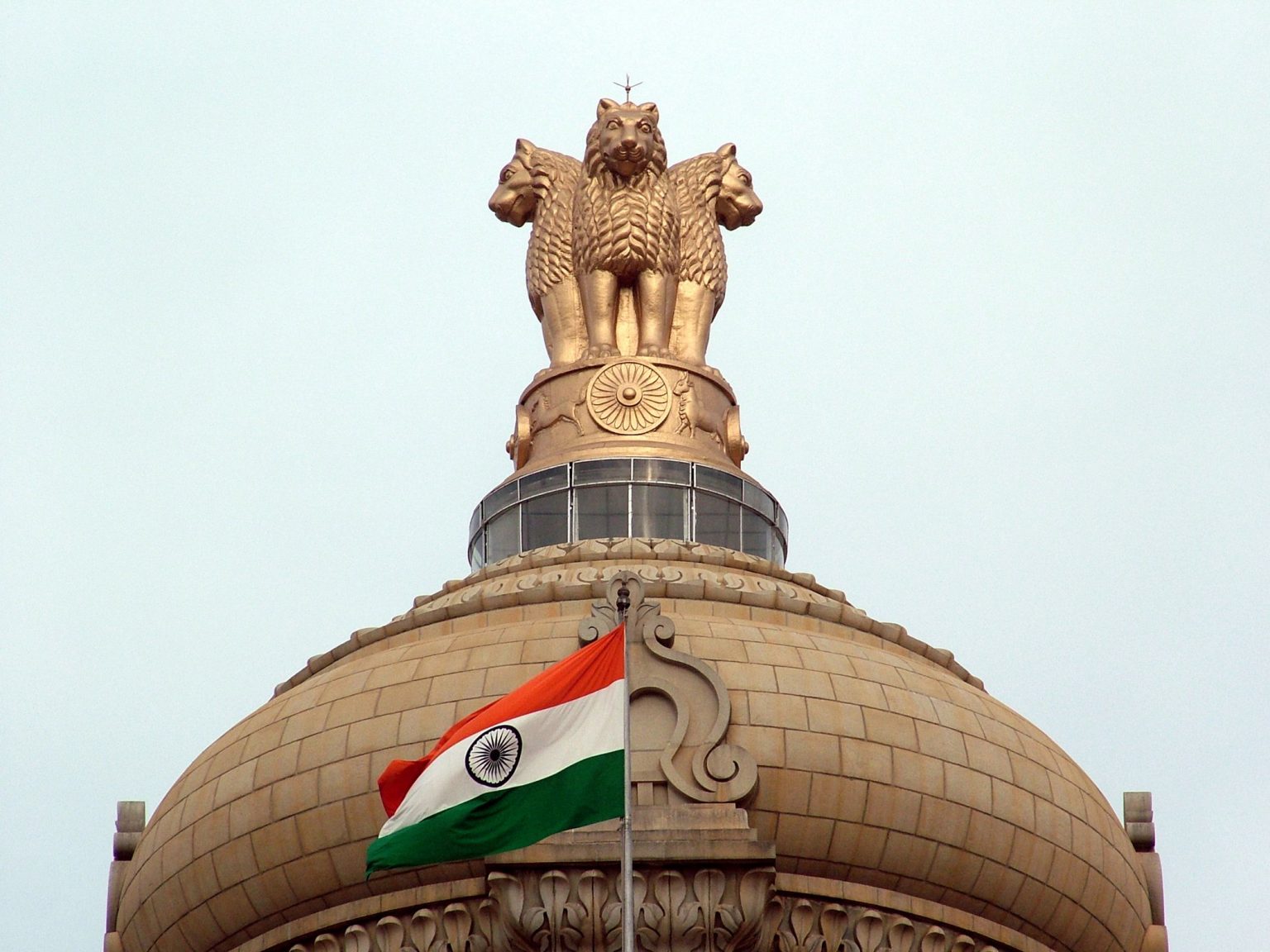The 42nd amendment to India’s Constitution is still one of the most contentious amendments to the entire text.
It was voted by Parliament in November 1976, during the Emergency, and took effect in January 1977.
It made several adjustments to existing Articles and added numerous new provisions. The Supreme Court and the High Courts’ power was severely weakened due to several amendments.
The Constitution also included notions such as “anti-national” and “basic obligations.” Many reforms were later rescinded or overturned by Parliament or the Supreme Court.
The 42nd amendment is sometimes referred to as the “mini-constitution” because of the extensive alterations it makes.
The following are the significant improvements it attempted to implement.
Preamble
“We, the people of India, have determined to establish India into a sovereign, democratic republic…” started the Preamble of the Constitution before the amendment.
The 42nd amendment changed the Preamble to include “socialist” and “secular.”
While the term “secular” was just a reaffirmation of the Constitution’s inherent nature and the founding fathers’ vision of India as a secular society, which was represented in the Constituent Assembly Debates (CAD), the word “socialist” appeared to be a deviation from this vision.
During the arguments, Dr BR Ambedkar said the following:
“What should be the state’s policy, and how should society be organised in its social and economic aspects are things that the people themselves must choose according to time and situation.” It can’t be written into the Constitution because that would be the end of democracy.”
Both of these words are still included in the Preamble.

The Supreme Court’s and High Courts’ powers are limited.
Taking away judicial review of constitutional amendments under Article 368
The 42nd amendment made one of the most significant changes to the Constitution. It amended Article 368 by adding clauses 4 and 5 to it.
“No amendment of this Constitution (including the provisions of Part III on fundamental rights) made or purporting to have been made under this Article, whether made before or after the commencement of Section 55 of the Constitution (Forty-second Amendment) Act, 1976, shall be called in question in any court on any ground,” according to Clause 4.
Clause 5 said that Parliament’s constituent authority to alter the provisions of this Constitution using addition, variation, or repeal should be unrestricted in any form.
It effectively removed the authority of constitutional courts to consider changes to the Constitution through judicial review. The Supreme Court ruled in Minerva Mills v. Union of India in 1980 that these alterations were invalid.

32A of the Constitution
Another significant alteration brought about by the mini-constitution was Article 32A, which stated that the Supreme Court could not review the constitutionality of measures passed by state legislatures. The 43rd Amendment Act, implemented by the Janata Party administration that defeated Indira Gandhi in the 1977 general elections removed this.
Articles 144A and 228A of the Constitution
The Supreme Court can only assess the constitutional legitimacy of Central or State laws if it sits on a bench of at least seven judges, according to Article 144A.
Similarly, Article 228A was added, which stated that the constitutional legality of a State law could only be decided by a High Court bench of at least five justices.
The 43rd amendment likewise removed both of these articles.
Fundamental Rights Directive Principles
The modification added Article 31-C to give directive principles precedence over fundamental rights.
According to the Article, any law adopted to give effect to a directive principle shall not be considered unlawful because it is inconsistent with, or takes away or abridges any of the rights provided by Article 14 or Article 19.
The Supreme Court ruled in Minerva Mills that the Article was invalid.

Anti-national
This word has gained popularity in recent years, particularly as discrediting critics of controlling regimes. However, Article 31D, which was reintroduced by the 42nd amendment, was also an entrance to the Emergency period.
Laws preventing anti-national actions or prohibiting anti-national organisations were granted an exemption under Article 31A. It said that such laws are not void because they are incompatible with, or take away or abridge any of the rights provided by, Articles 14, 19, or 31.
The Janata Party government likewise revoked the 43rd amendment.
Fundamental responsibilities
Article 51A of the mini-constitution established citizens’ essential responsibilities. This Article is still included in the Constitution.
Published by- Aashay Bhujbal
Edited by- Kritika Kashyap













